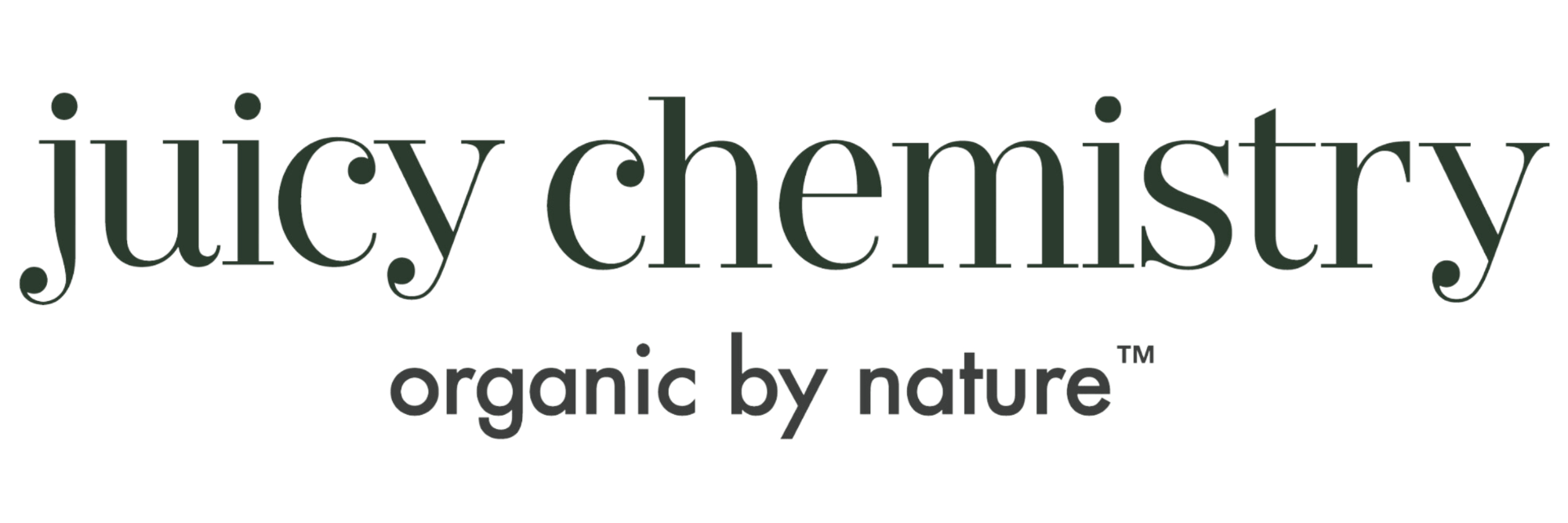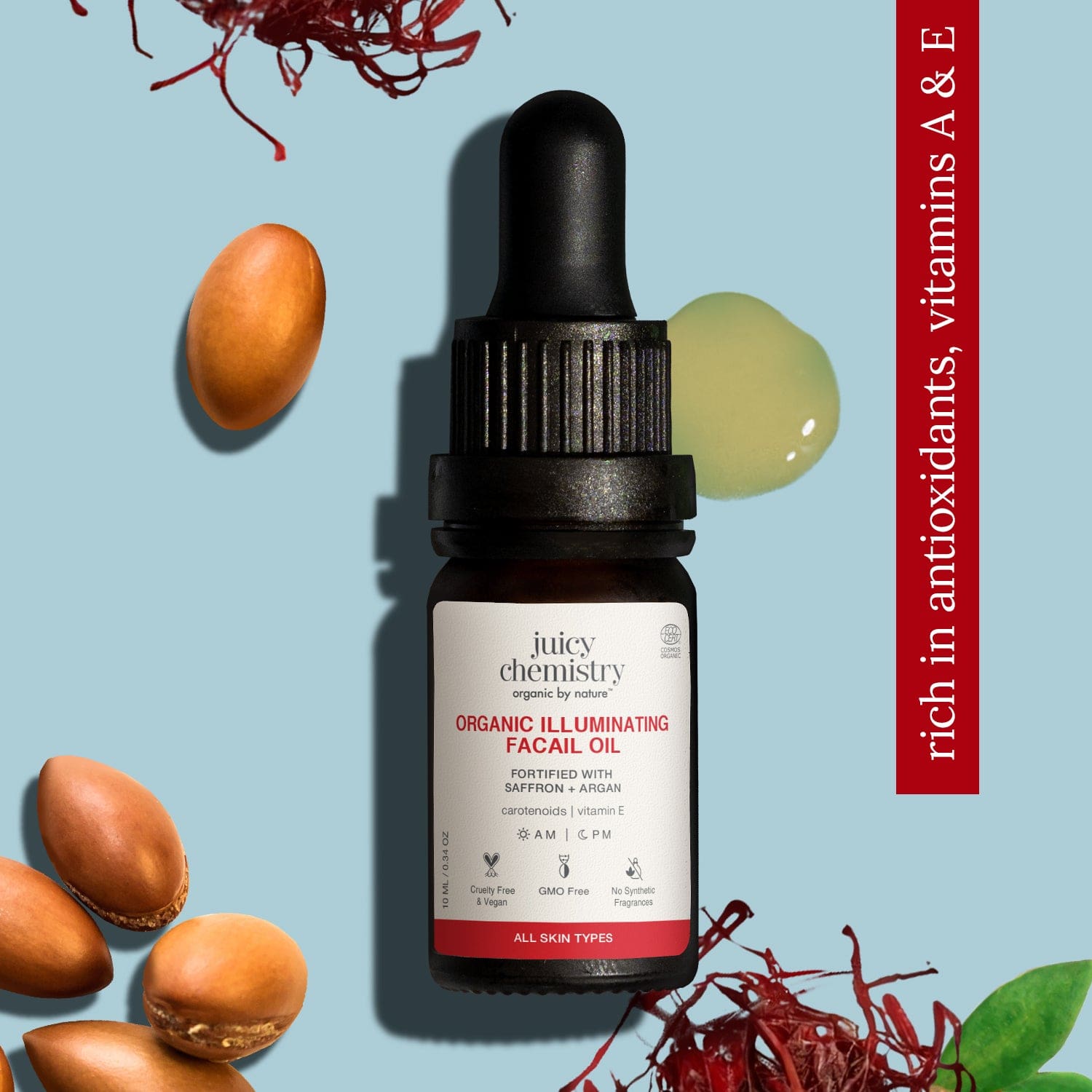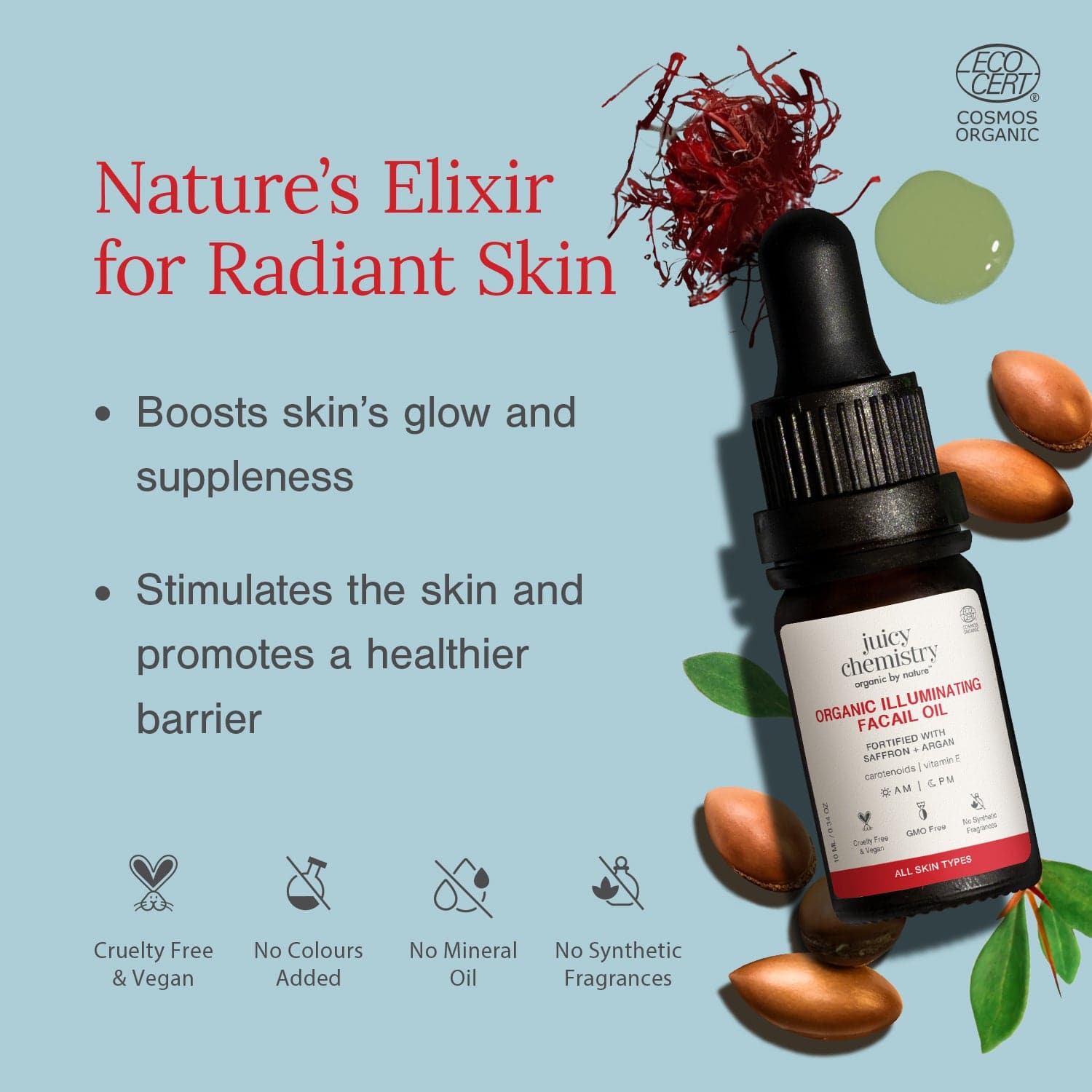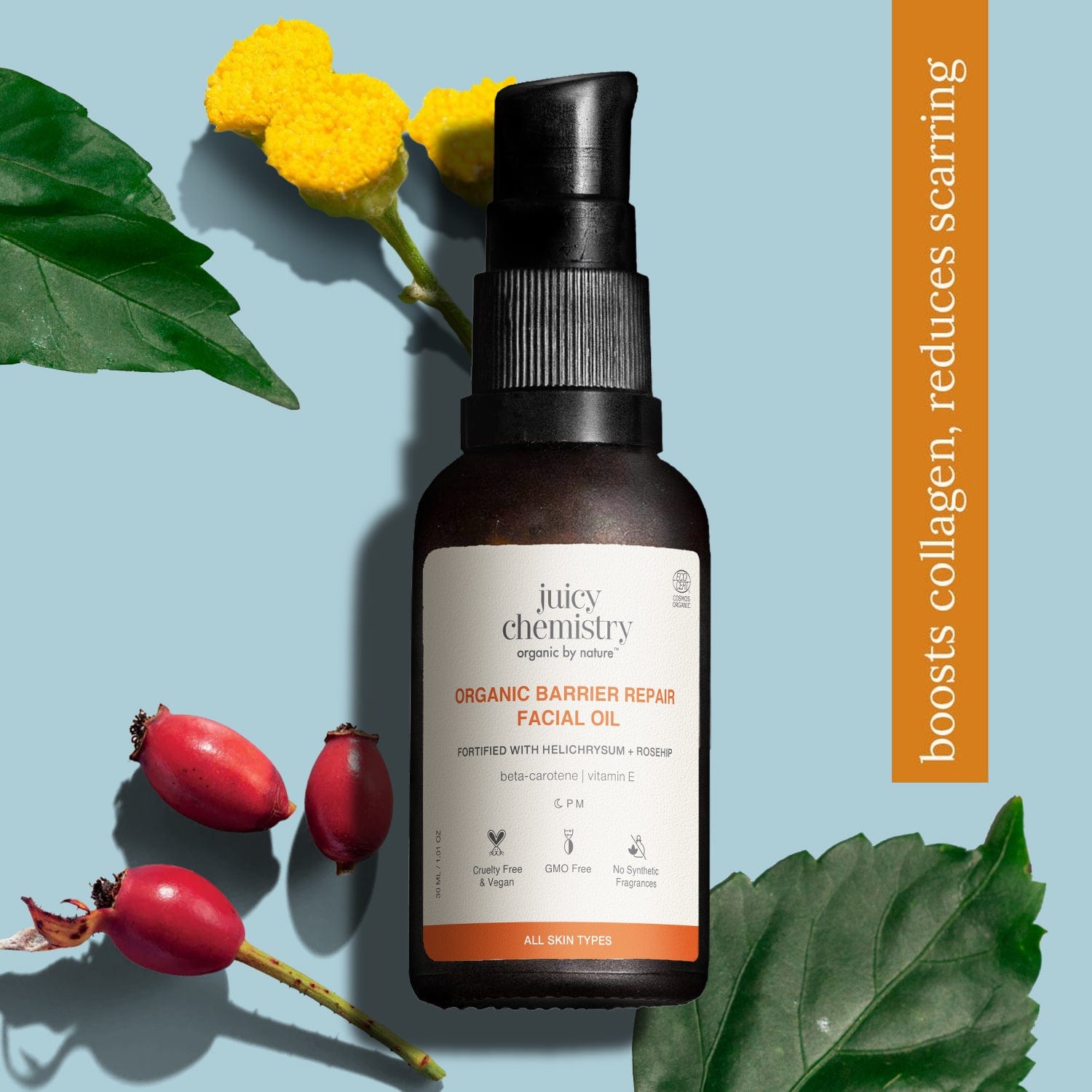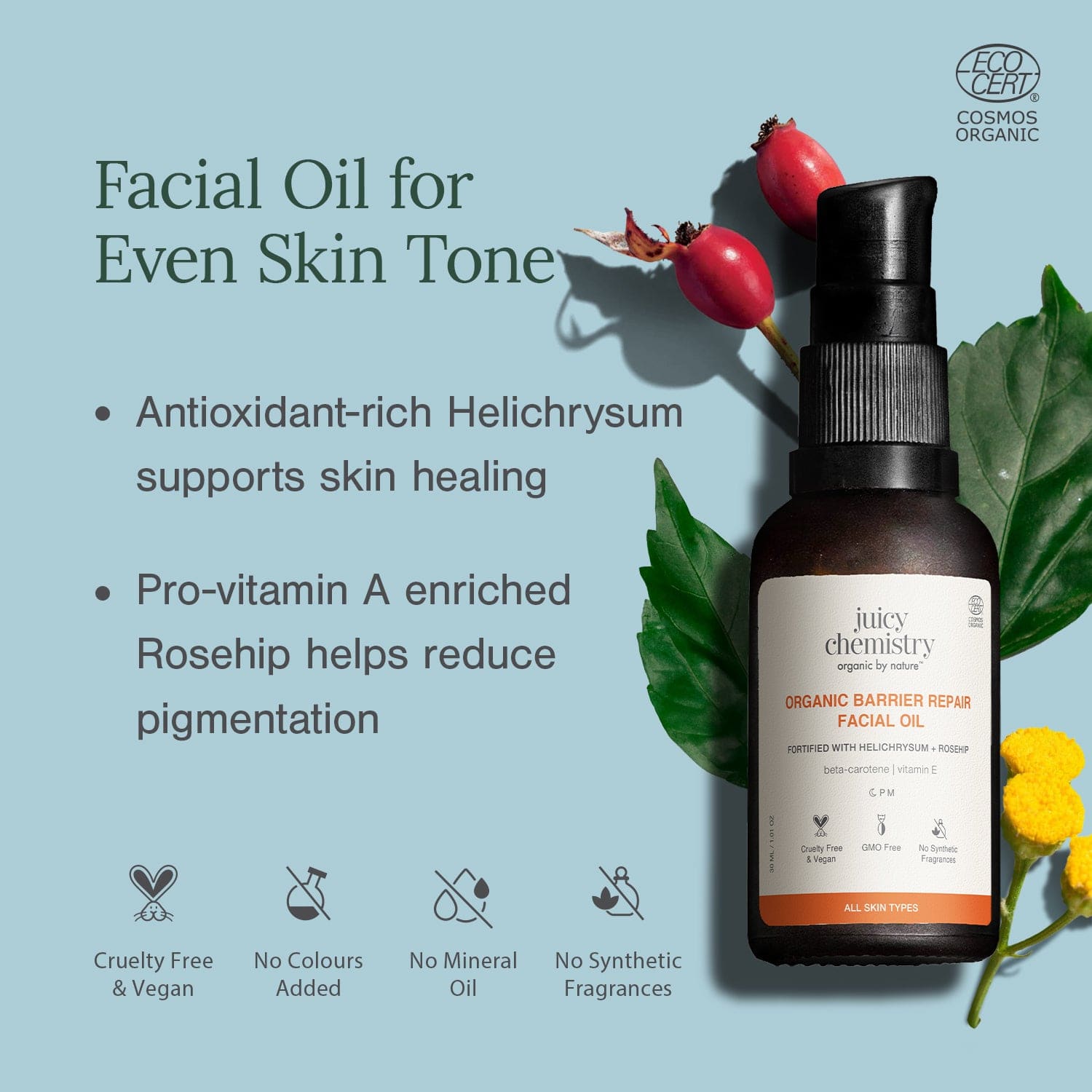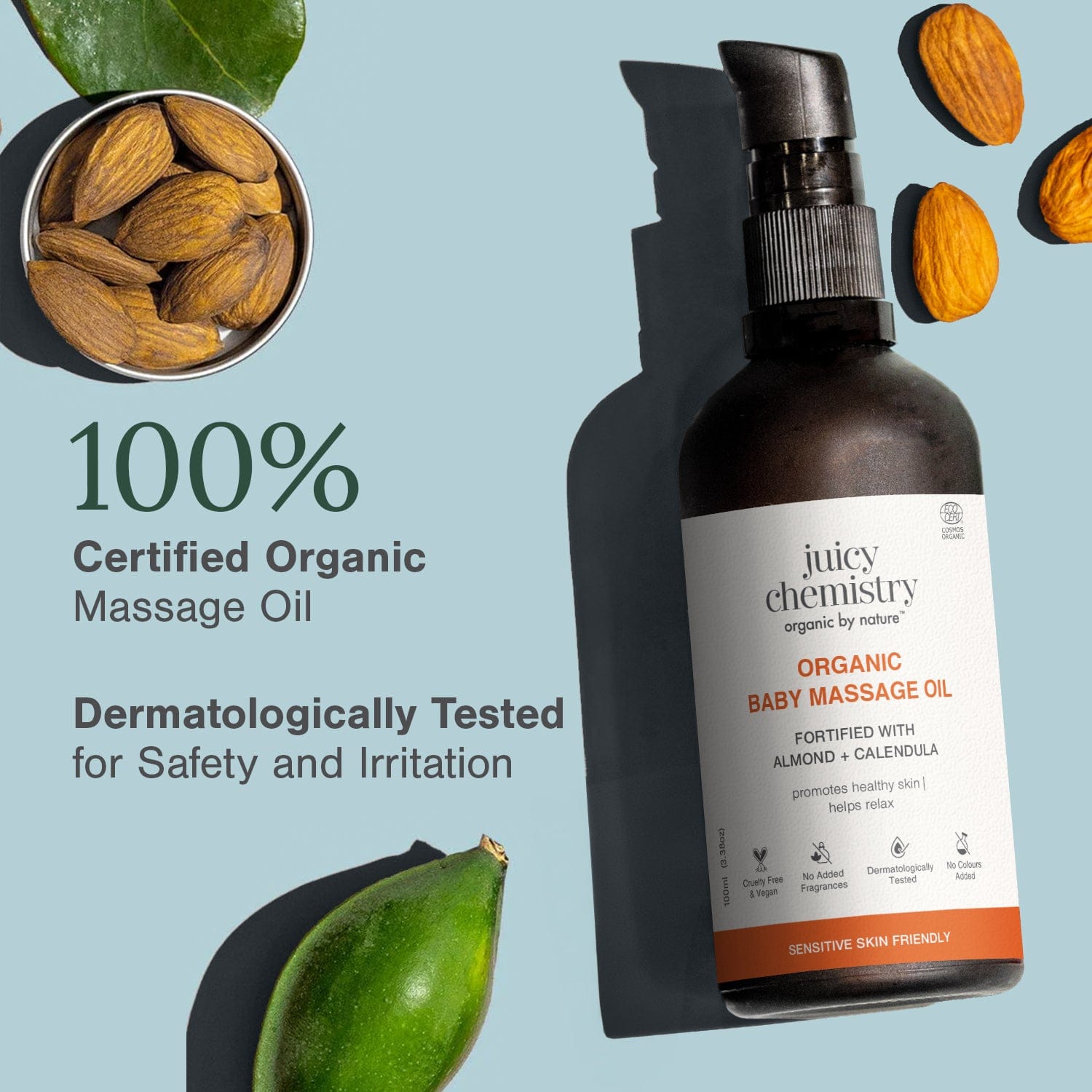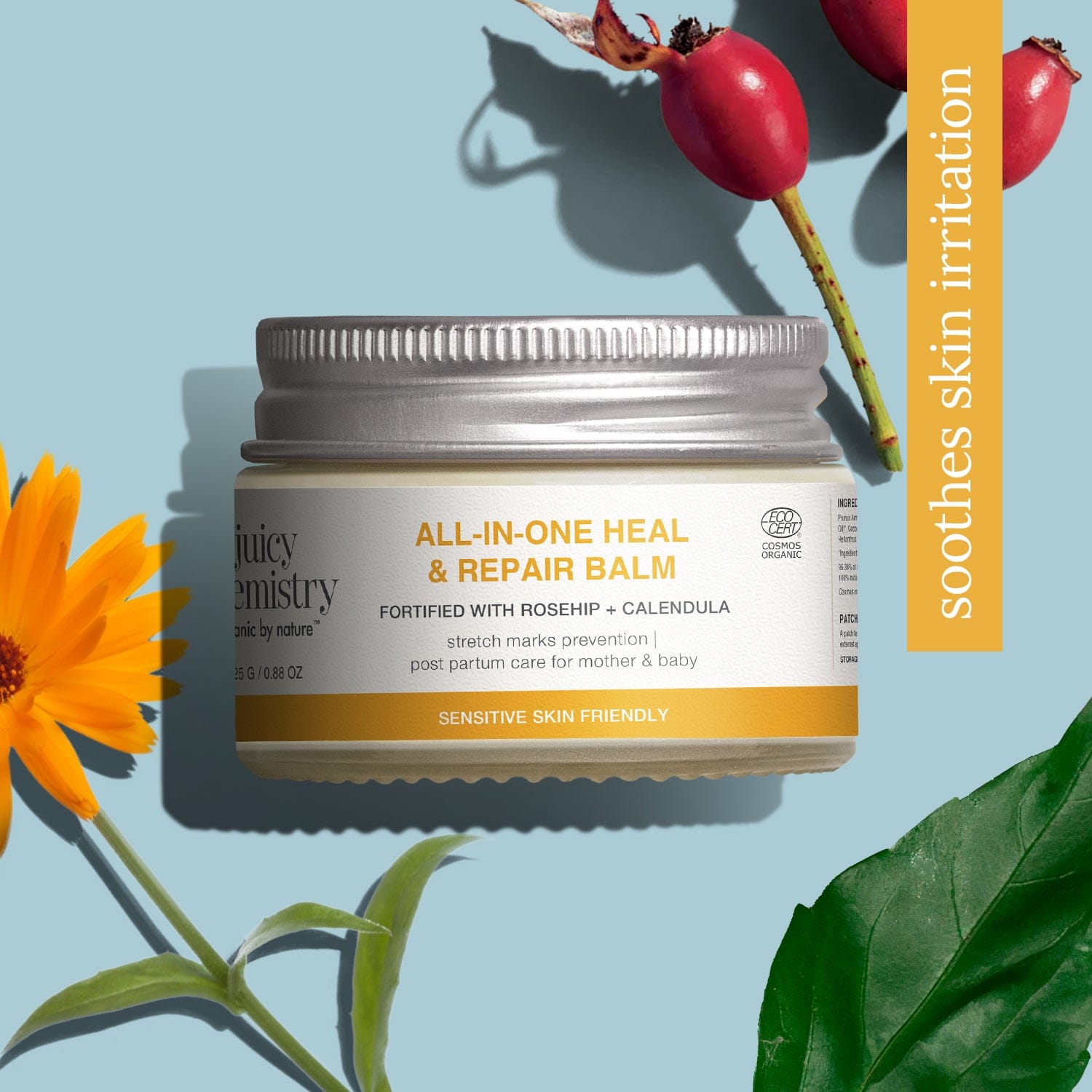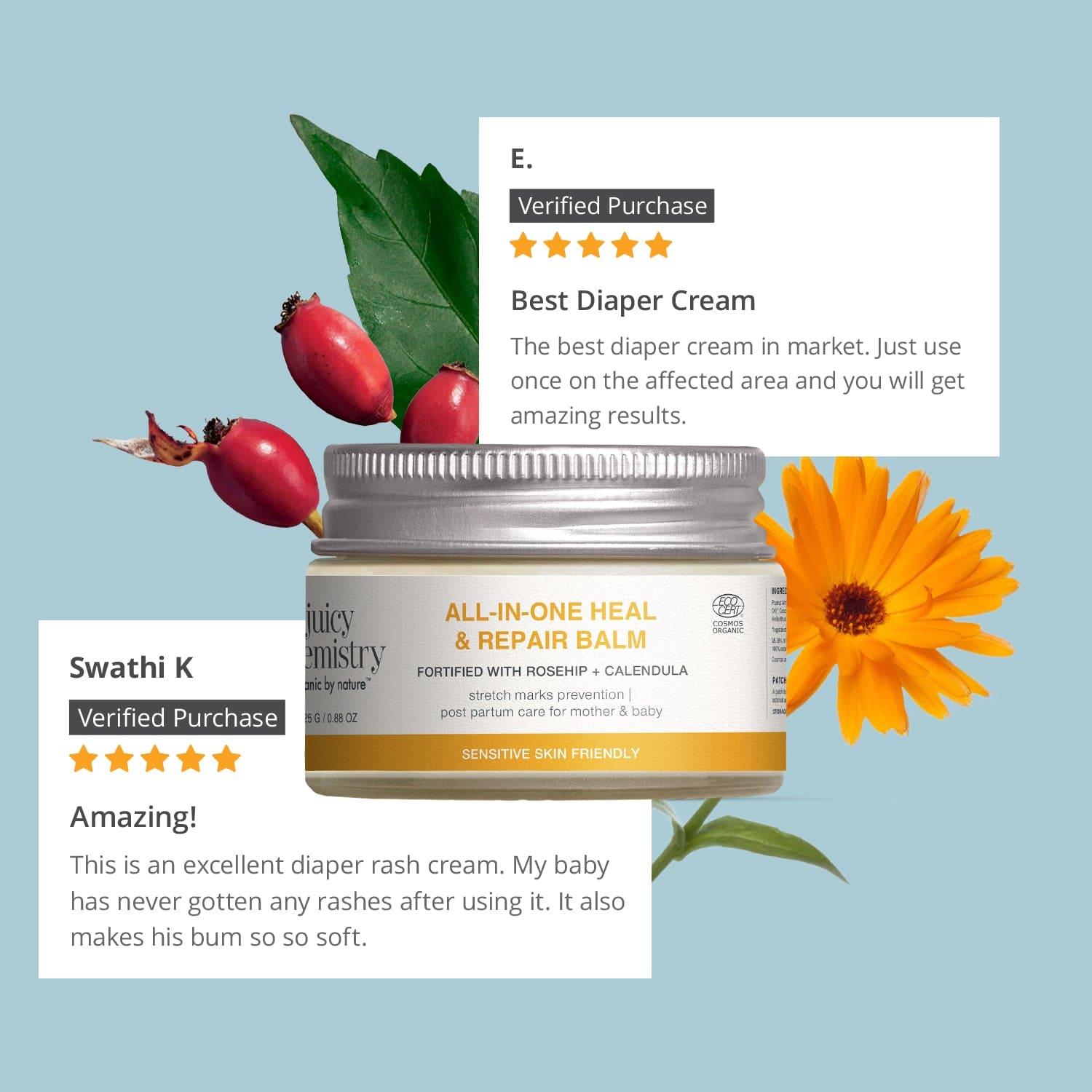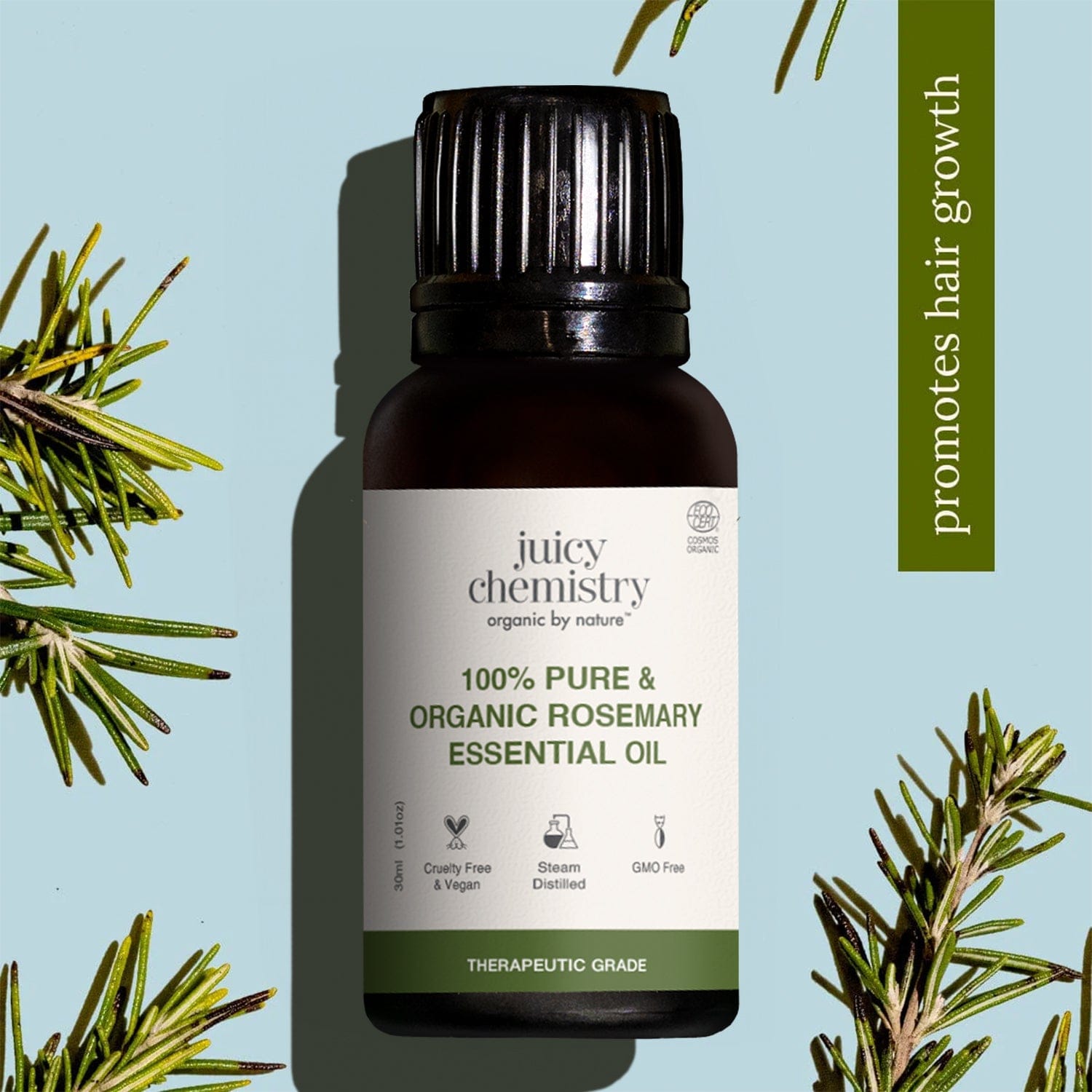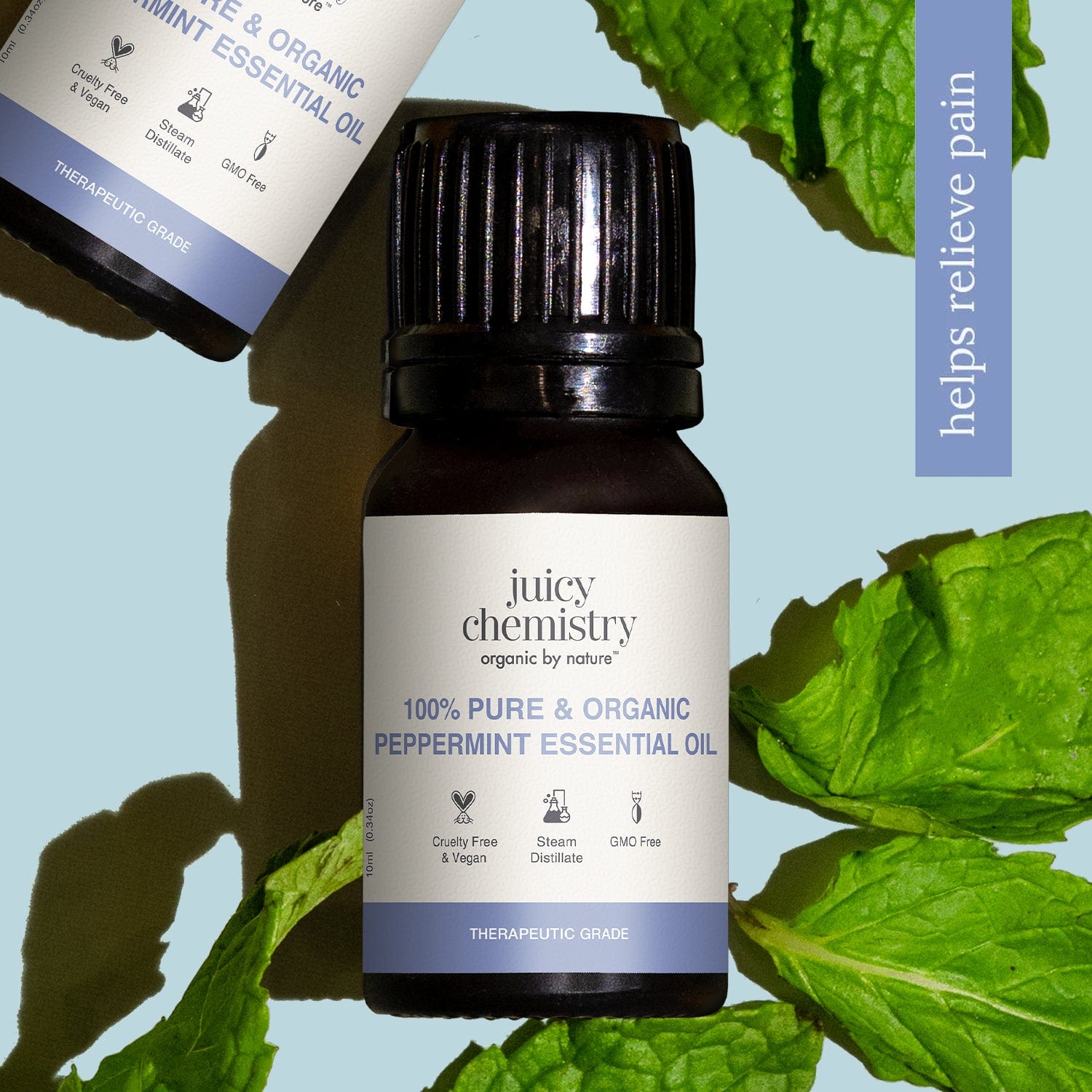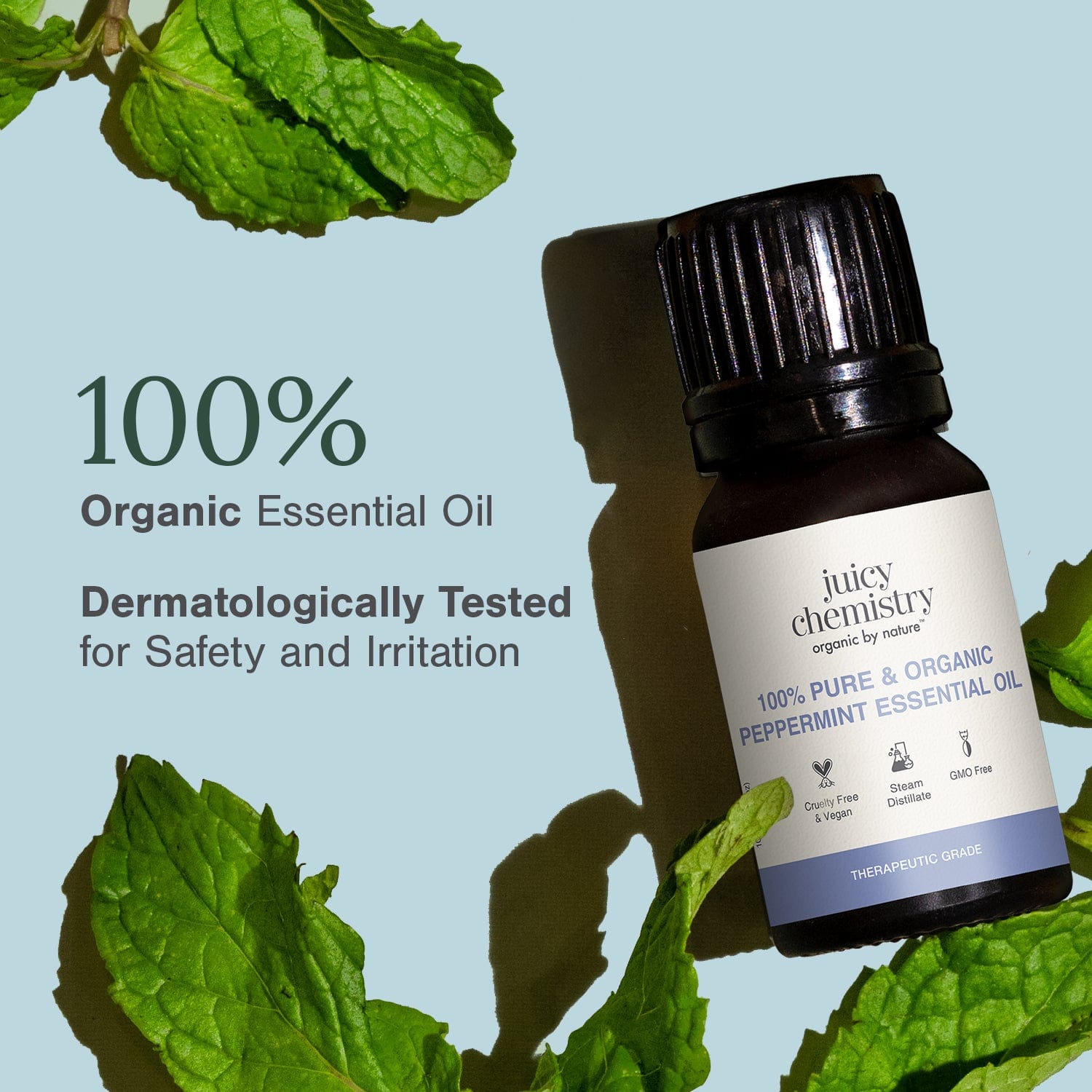Best 5 Ayurvedic Treatments for Hair Fall, Hair Loss and Regrowth
May 24, 2021
For centuries, Ayurveda has proven to be effective in managing hair loss and promoting new hair growth, and it continues to be considered one of the most effective treatments for hair loss. However, before we explore the most effective Ayurvedic remedies for hair loss and regrowth, let’s take a moment to understand what hair fall is and when it becomes a cause for concern.
What is hair fall?
The term ‘hair fall’ commonly refers to the amount of hair we lose on a daily basis. The American Academy of Dermatologists states that it is typical for a person to shed between 50 to 100 strands of hair each day.
With over 100,000 hair follicles on our scalp, losing a few strands is not a reason for alarm. However, if the amount of hair loss significantly increases, it should not be overlooked as it may indicate hair loss.
What Does Ayurveda Say About Hair Loss?
Ayurveda, known as the ‘science of life,’ is the oldest continuously practiced medical system. It characterizes abnormal hair fall or hair loss as ‘Khalitya,’ which refers to the weakening or deterioration of hair from the roots. Let’s delve deeper into this concept.
According to Ayurvedic principles, the human body is composed of five elements:
- Aakash (space),
- Jala (water),
- Prithvi (earth),
- Teja (fire), and
- Vayu (air).
The interaction of these elements gives rise to three humors or doshas: Vata Dosha, Pitta Dosha, and Kapha Dosha.
An imbalance in the Pitta Dosha, especially when combined with either Vata or Kapha Dosha, can lead to Khalitya. In contemporary terms, this condition is referred to as ‘Alopecia Areata’ or baldness, which involves partial or complete hair loss, particularly from the scalp.
Factors Causing Hair Fall According to Ayurveda
As previously mentioned, hair loss occurs when one or more of our doshas are out of balance. Let’s examine each dosha in detail:
- Pitta Dosha - An increase in Pitta results in the body generating excess heat. This can cause inflammation of the hair follicles, weakening the roots and leading to hair loss. It may also contribute to premature greying.
- Vata Dosha - When Vata levels rise in the body, it can lead to a dehydrated scalp. The air, or combustion within the body, can deplete moisture reserves, obstructing blood flow to the scalp. This results in a dry and undernourished scalp, causing hair follicles to weaken and eventually fall out.
- Kapha Dosha - An elevation in Kapha levels can cause the scalp to produce too much sebum. This excess oil can clog hair follicles and impede hair growth. An oily scalp and greasy dandruff are early indicators of Kapha aggravation.
What Causes Dosha Imbalances?
Several factors can contribute to imbalances in the doshas:
- Poor nutrition and a deficiency in essential vitamins such as A, B, C, D, E, and K, as well as vital minerals, can elevate the Vata dosha, leading to hair loss.
- Stress and Anxiety can act as triggers for increasing the Pitta dosha. Stress can lead to hormonal imbalances that result in hair fall or loss.
- Unhealthy lifestyle choices, including excessive drinking and smoking, prolonged sun exposure, and environmental stressors, can create oxidative stress in the body, adversely affecting the overall health of your scalp and hair.
Can Ayurveda Prevent Hair Fall and Promote Hair Regrowth?

Ayurveda takes a holistic approach to well-being. In addition to various therapies, it emphasizes the importance of maintaining a balanced diet and a healthy lifestyle, as these factors have a direct positive effect on the health of our scalp and hair.
Here’s a brief guide to enhance your diet and restore balance to the doshas for effective hair loss treatment.
|
Dosha |
Foods to eat |
Foods to avoid |
|
Vata |
Warm, moist, and soft foods (e.g., berries, bananas, peaches, cooked vegetables, oats, brown rice, lean meat, eggs, dairy) |
Bitter, dried, and cold foods (e.g., raw vegetables, cold desserts, dried fruit, nuts, seeds) |
|
Kapha |
Spicy, acidic, and filling foods (e.g., most fruits and vegetables, whole grains, eggs, low-fat cheese, unprocessed meats, hot spices) |
Heavy, “fatty” foods (e.g., fats, oils, processed foods, nuts, seeds) |
|
Pitta |
Light, cold, sweet, and energizing foods (e.g., fruits, non-starchy vegetables, oats, eggs) |
Heavy, spicy, and sour foods (e.g., red meat, potatoes, hot spices) |
5 Ayurvedic Remedies for Hair Loss and Regrowth
1. Shirodhara
This treatment utilizes a combination of ayurvedic herbs and oils. These substances are poured from a swinging container positioned just above the forehead, allowing them to drip gradually, drop by drop, onto the forehead and then flow towards the back of the head.
A therapist performs a scalp massage, which aids in activating and stimulating the scalp. This therapy is effective in balancing the Vata and Pitta Doshas. It serves not only as an Ayurvedic solution for hair loss but also contributes to alleviating stress and anxiety.
However, considering the ongoing pandemic, we suggest an alternative method that you can perform at home.
Our Hibiscus, Amla & Bhringraj hair oil is a unique blend of 13 herbs infused in coconut oil. Crafted using traditional ayurvedic recipes, this hair oil encompasses all the advantages of the herbs and oils utilized in Shirodhara.
Apply a small amount and indulge in a soothing massage. For optimal results, you can incorporate this practice into your routine twice a week.
2. Shiro Abhyanga
This treatment consists of a massage focusing on the head, neck, upper back, and shoulders using Ayurvedic oils. The primary goal is to alleviate tension in the muscles and tissues, particularly in the areas surrounding the scalp.
This therapy is particularly recognized for its ability to soothe the three chakras: Anja (located between the eyebrows), Sahasrara (at the crown of the head), and Vishudha (in the throat area). The massage employs various hand techniques to activate pressure points, enhancing blood flow and oxygen delivery to the scalp, thereby providing optimal nourishment to the hair follicles.
As an alternative to the aforementioned Ayurvedic approach for addressing hair loss and promoting regrowth, we suggest utilizing our Cold-pressed Pumpkin seed carrier oil for the massage. Pumpkin seed oil is abundant in essential minerals that contribute to improved scalp health and stimulate hair growth by invigorating the scalp. Additionally, it is rich in antioxidants that help mitigate oxidative stress.
3. Shiro Lepa
This treatment specifically addresses the Pitta dosha. Dried herbs are ground into a fine paste, which is then applied to the scalp, and the head is covered with a banana leaf.
A stream of oil is poured over the affected area, providing essential nutrients to the scalp. This therapy is also recognized for its effectiveness in combating dandruff, premature greying, and alleviating stress.
4. Nasya
This therapy involves the lubrication of the nasal passages with Ayurvedic herbal oils and is regarded as one of the most effective treatments for hair loss according to Ayurveda. Nasya helps balance Kapha when performed in the morning, Pitta in the afternoon, and Vata in the evening for hair loss.
To undergo this treatment, one must lie down horizontally and slightly tilt the head backward. A few drops of oil are placed in the nostrils, allowing it to travel to the back of the throat.
5. Hair Massage using Organic Oils
In today’s fast-paced world, self-care often feels like a luxury. However, dedicating just 10 minutes twice a week for a hair massage with our certified organic hair oils can be incredibly beneficial.
These oils are crafted with powerful ingredients known to enhance scalp health and promote hair growth. Regular massages stimulate the scalp, relax the muscles, and ensure that the hair follicles receive the necessary nourishment they require
Important: We advise seeking professional assistance and advice for all the aforementioned Ayurvedic therapies related to hair loss and regrowth. We do not support self-diagnosis and strongly recommend consulting with an Ayurvedic Practitioner for guidance.
Explore our full selection of organic hair oils, which are certified organic by Ecocert France in accordance with COSMOS V3 standards
Frequently Asked Questions
-
How can you determine if your Doshas are out of balance?
The most effective way to assess whether your Doshas are imbalanced is to seek guidance from a qualified Ayurvedic Practitioner. -
What is the typical timeframe to observe results?
Ayurvedic treatments require time to manifest results. It is important to remain patient and adhere to the therapies consistently to witness improvements. -
Is it safe for anyone to participate in the aforementioned Ayurvedic Therapies?
Absolutely, these therapies not only address hair issues but also assist in managing overall stress and anxiety levels.
References -
https://www.ncbi.nlm.nih.gov/pmc/articles/PMC3667433/
https://ayurvedichospital.com/en-blog/all-about-shirodhara-the-ayurvedic-wonder-therapy
